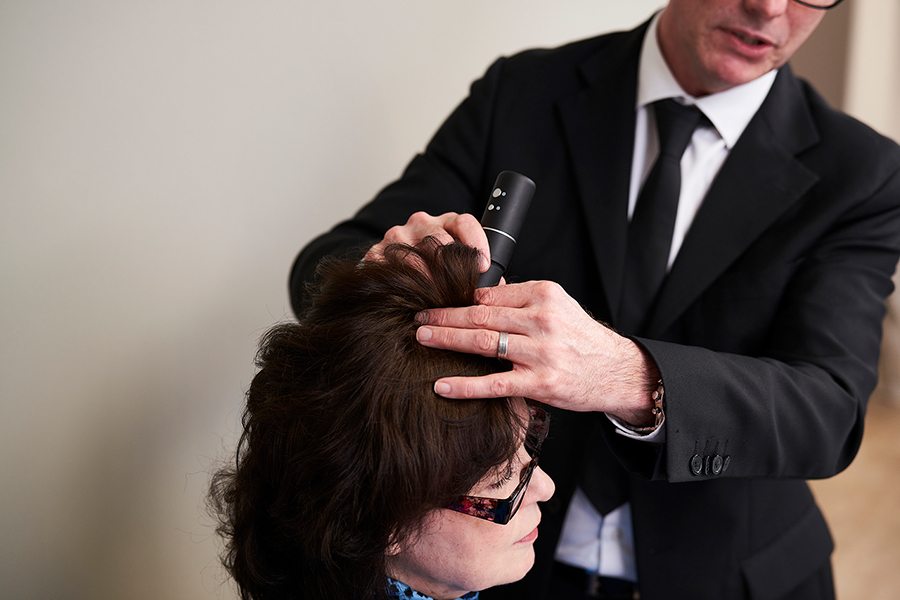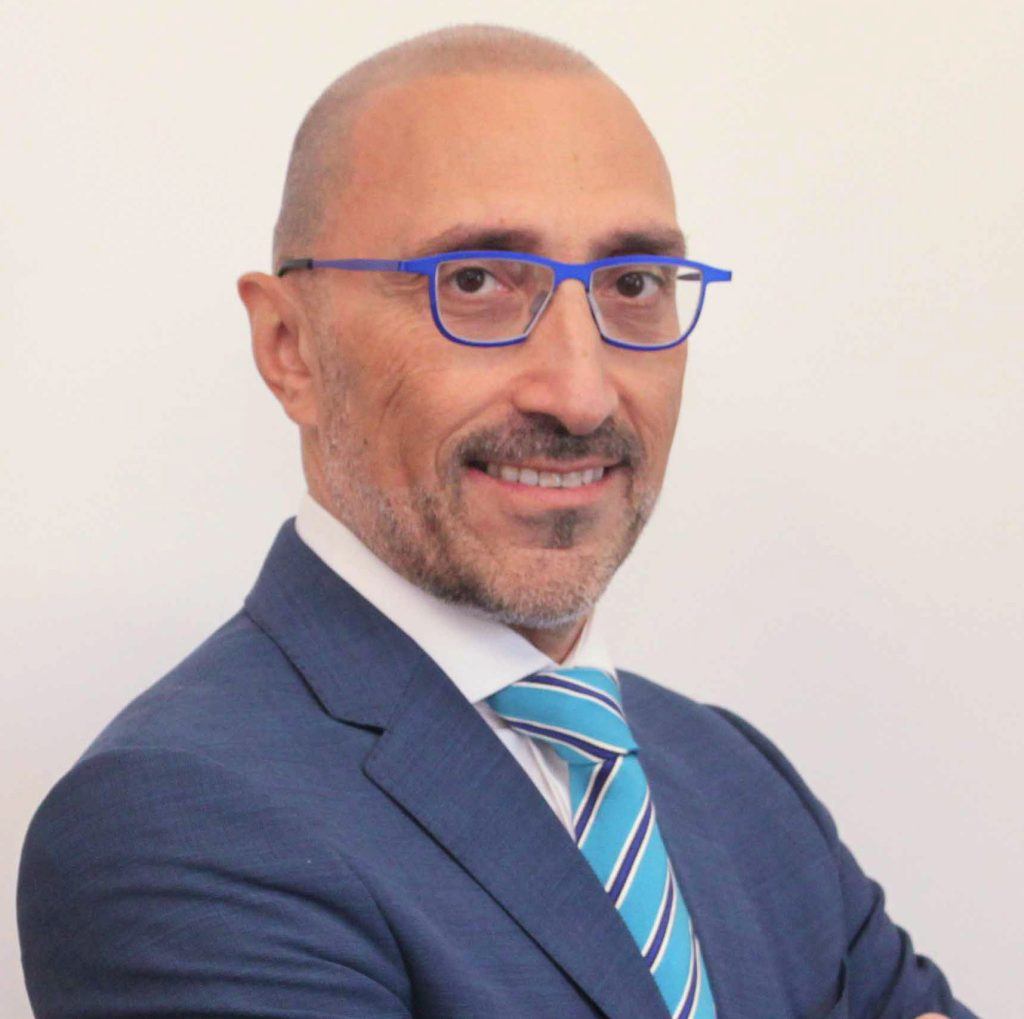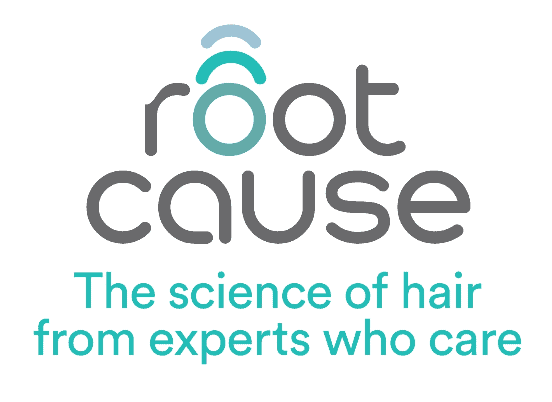Is Hair Transplant Surgery Safe?
03.01.23
With so many celebrities and sports personalities openly having hair surgery and the increase of overseas health tourism, is surgery an easy option? We look at the rise of surgeries and ask is hair transplant surgery safe, and whether they are the most effective option for male and female pattern hair loss.

Hair loss conditions, including alopecia areata can be distressing and impact an individual’s quality of life, including self-esteem, self-image and intimate relationships.[1] Additionally, media images show well-known people such as Elton John and James Nesbitt being open about their hair loss challenges and subsequent transformation. So – is it as simple as having access to surgery?
Does Hair Transplant Surgery Really Work?
According to Dr Konior and Simmons, it is all about the patient accepting the limitations of surgery.[2[ In simple terms, surgery does not return the individual back to their previous appearance, and this can be a concern for younger individuals who might set unrealistic expectations. But does that matter? Hair transplants might not be the panacea for everyone. Even patients who have successful hair transplant surgery need to keep in mind that genetic/ hormonal type hair loss is progressive and that subsequent hair loss may occur down the line.[4] Hair transplantation may be part of a wider treatment plan that can include interventions such as mixodil and platelet-rich plasma.[3] It is rarely a quick solution.
Critical to the decision to considering a hair transplant is a very clear and definitive diagnosis. This may require considerable investigation and tests to ensure that a hair transplant is the most effective solution for an individual. The starting point for the journey to surgery is working with a qualified trichologist or dermatologist.

“There may be non-surgical interventions that can be considered for particular conditions before going directly to surgery.” Says Wil Fleeson, Root Cause Clinical founder and trichologist.
“Obviously, we consider how effective these alternatives are likely to be, and using genetic testing might be helpful in the assessment. But it is important to consider all options”
This is where partnerships with qualified surgeons work well. While private clinics exist overseas to provide quick, cost-effective solutions, the level of knowledge and aftercare is essential. Like other surgeries, there can be complications and further intervention is needed. Working with a reputable clinic is important and the trichologist can be a helpful advocate and resource before significant investment is needed. This partnership is person-centred, ensuring the best possible outcome for the individual concerned.
Unfortunately, the rise of health tourism has also seen a rise in post-surgery complications because of the lack of long-term assessment and care. Many people benefit from procedures but trichologists and surgeons also see the result of complications and are asked to help resolve them.

A personalised approach, taking time to understand the needs of the individual fully, is exactly what the Farjo Hair Institute stands for. With 30 years of experience, Dr Bessam Farjo and his team have provided surgical and non-surgical hair restoration methods.
Dr Farjo explains, “We are cautious about managing expectations with our patients and will only recommend surgery when it is clear it is the most effective and sustainable option. At times, we may suggest waiting because it provides the patient with the best care and outcome. Working with a reputable trichologist is important to the overall health journey.”[4]
Patient safety and care are at the forefront of the Farjo Institute and Root Cause Clinical, and cross-referencing their clients ensures a seamless journey for the client. Both organisations understand the emotional relationship with hair and the desire for clients to resolve their hair loss. Hair transplant surgery can be safe and successful, but the first step is working with reputable practitioners who take a multi-disciplinary approach.
If you have been considering a hair transplant or non-surgical interventions, book an initial online hair loss consultation to understand the root cause of your scalp health and start your journey here.
- Williamson D, Gonzalez M, Finlay AY. The effect of hair loss on quality of life. Journal of European Acad Dermatol Venereol. 2001
- Konior RJ, Simmons C. Patient selection, candidacy, and treatment planning for hair restoration surgery. Facial Plast Surg Clin North American.
- Tymon Tai, Michael S. Chow, Sahar Nadimi, Amit Kochhar. Indications and Contraindications for Hair Transplant. In Linda N. Lee ‘Hair Transplant Surgery and Platelet Rich Plasma. Evidence-Based Essentials’. 2020
- www.farjo.com
